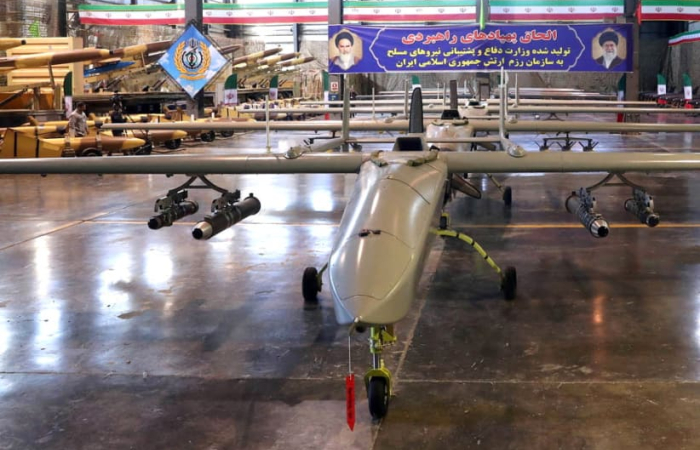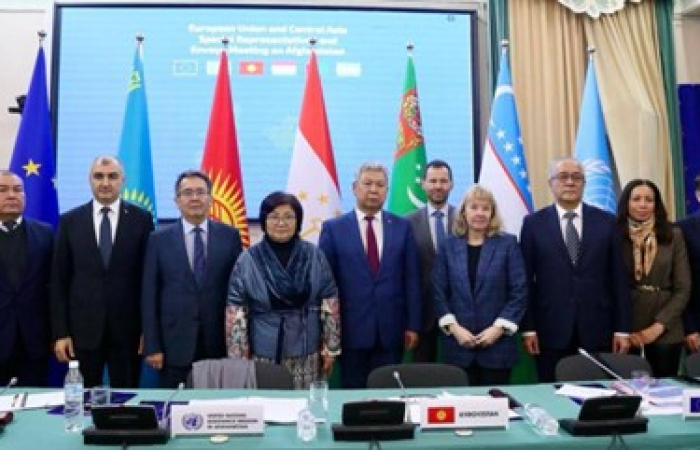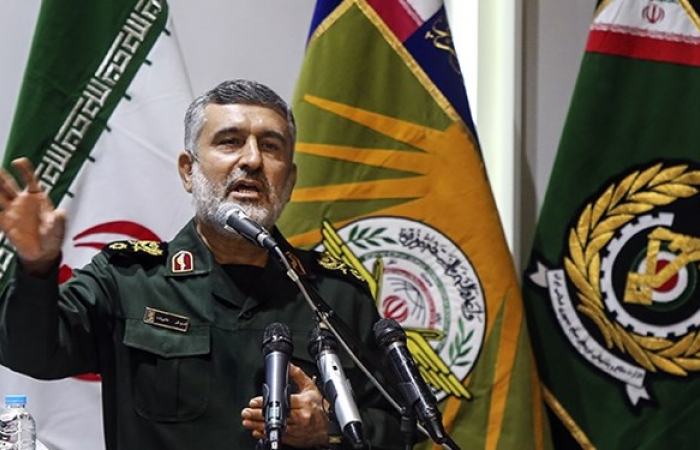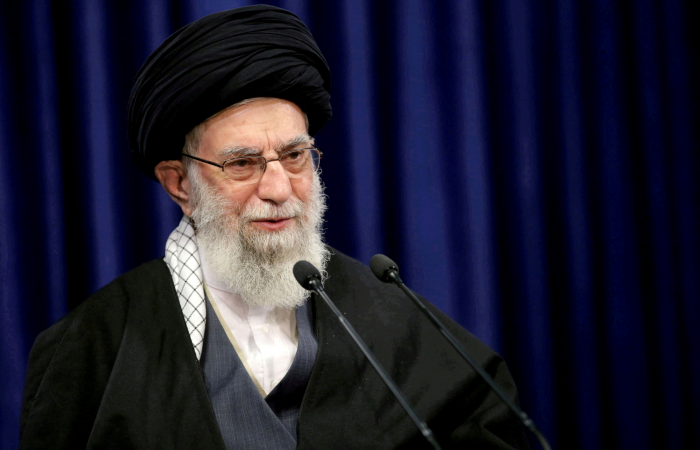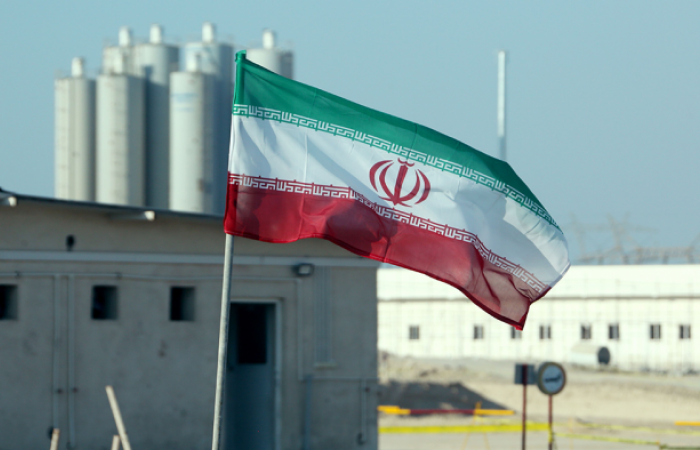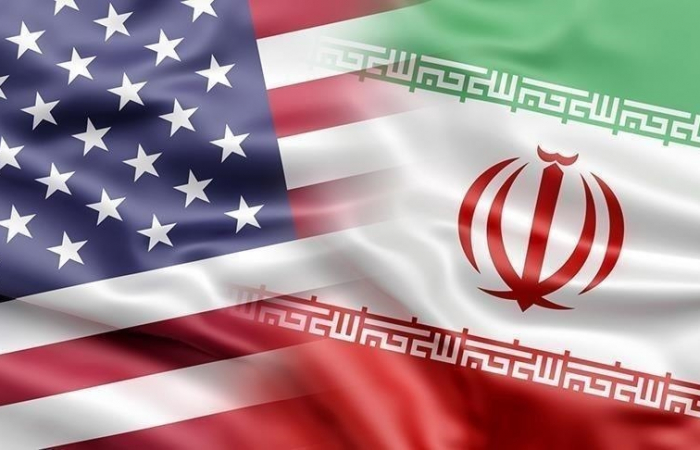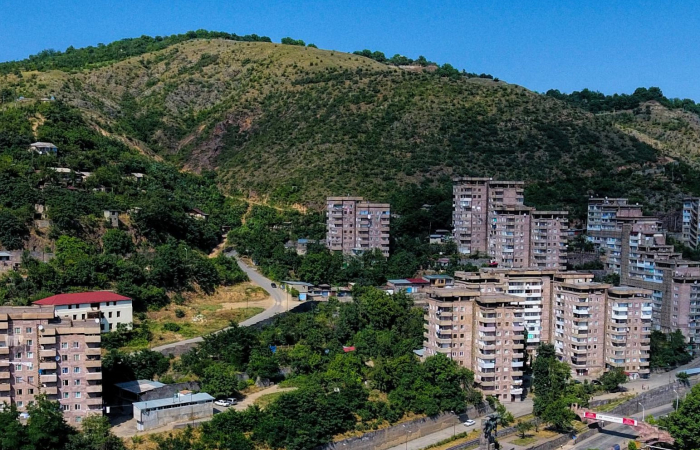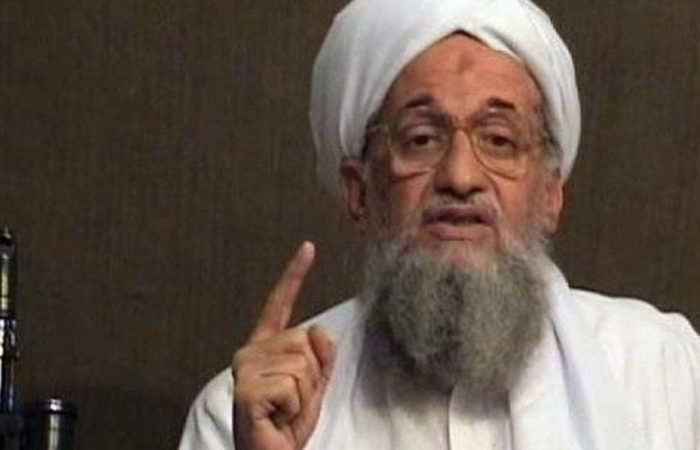Editor's choice
This is a members’ functionality. Please
Sign upNews
Trending
Decision time for the future of the Iran nuclear deal
9 August 2022
After years of uncertainty and negotiations, it is finally decision time for the future of the Iran nuclear deal, known as the Joint Comprehensive Plan of Action (JCPOA).
On Monday (8 August), the European Union submitted a “final text” at talks to salvage the 2015 deal aimed at reining in Iran’s nuclear ambitions. Tehran said it was reviewing the proposals.
Britain, China, France, Germany, Iran and Russia, as well as the United States indirectly, resumed talks on Thursday in Vienna, months after they had stalled.
The European Union has submitted a “final text,” a European official said on Monday. “We worked for four days and today the text is on the table,” the official told reporters on condition of anonymity.
“The negotiation is finished, it’s the final text... and it will not be renegotiated.” “Now the ball is in the court of the capitals and we will see what happens,” the European official added. AFP news agency quoted European diplomats as saying that the final draft tabled is non-negotiable, and “stretches us all to the limits of our flexibility.”
According to The Wall Street Journal correspondent Laurence Norman, a senior EU official said that EU foreign policy chief Josep Borrell will send messages to participating states setting out the next steps. The EU has been co-ordinating the efforts to revive the JCPOA, which involved mediating indirect talks between Iran and the United States.



